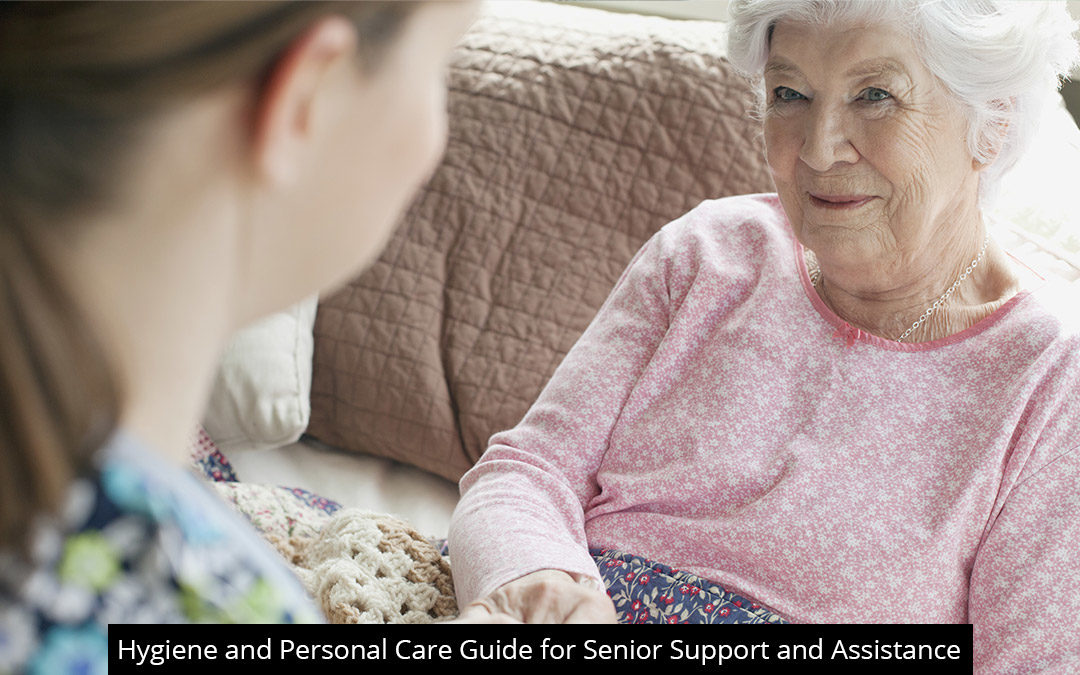Personal hygiene and maintenance is an ongoing battle we face all our lives. Day after day we are responsible for a variety of tasks to keep ourselves clean and socially presentable. But, personal hygiene goes far beyond looking good in public, it is also essential for sustaining a good level of overall health.
Personal Hygiene And Age
Time dedicated to personal care tends to decrease as we get older for various reasons. It could be argued that we have just become so tired and exhausted of the daily demands of personal hygiene once we have reached a certain age that we just have no time for it anymore. While this may be true to some extent, there are also generally other factors at play.
Some factors that can make personal care more difficult with age include:
- Loss of mobility
- Diminished fine motor skills and dexterity
- Decreased muscle strength
- Impaired balance
- Worry and increased risk of falls
- Impaired memory and forgetfulness
- Reduced social activity and lack of motivation
Personal Care Tips For Senior Hygiene
If you are responsible for providing care for an elderly loved one, whether it is full time or part time it can be a challenging endeavor. There are many aspects and factors to consider to maintain a positive relationship while providing effective care. Personal hygiene is one persistent task that is vital to keep up to reduce the risk of infection and illness while improving self-confidence, comfort, and general wellbeing.
Initiating A Discussion
Personal hygiene can be an awkward subject to broach due to its private and sensitive nature. If you are noticing a decline in hygiene in an aging loved one it may be a good indication that they are struggling with daily tasks and routines. Asking for help with such intimate tasks can feel humiliating and seniors will typically be extremely hesitant in bringing it up. By initiating a dialogue in a compassionate way you can open the door to your loved getting the help they need to preserve an independent lifestyle.
Establishing A Realistic Routine
Setting up a consistent schedule is a great way to help make sure regular hygiene habits are not being neglected. In many cases, older adults are often set in their ways and not open to major changes in their daily routines. Try to incorporate personal care tasks into existing routines to prevent overwhelm and resistance. Keeping an open dialogue every step of the way helps reduce complications and resentment.
Create A Safe And Comfortable Environment
Assisting with intimate personal care tasks can create awkwardness and apprehension on both sides. Playing some soothing music or using aromatherapy techniques can help establish a relaxing atmosphere. Natural, light conversation is also useful in reliving tension and if your body language is relaxed it is more likely to help your loved one feel more comfortable too.
Take Advantage Of Your Resources
Home caregivers are an excellent source for support and assistance in caring for your aging loved one. Professional caregivers are trained to approach delicate situations like personal care with respect, discretion, and compassion. Outside help can make the situation seem less arduous and can reduce the strain and tension on your relationship with your loved by offering a little breathing room.
Assistive Devices And Hygiene Aids
There is a host of products available that have been specifically designed to assist seniors with their daily routines, including personal care tasks. Shower chairs and grab bars can help with personal safety and fall prevention, while long handled brushes, shoe horns, and grabbing devices can help facilitate dressing and grooming without the need for bending, kneeling, or crouching.




